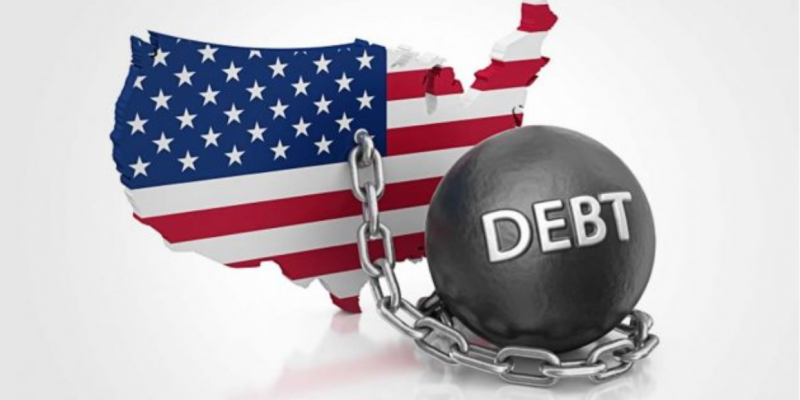Critics are crying foul over the $2 trillion Coronavirus Aid, Relief, and Economic Security (CARES) Act for putting the nation further into debt to fund programs that have nothing to do with the coronavirus, including $25 million in salary and expense increases for U.S. House members and $60 million for NASA.
The $2 trillion bill amount is roughly more than half of the $3.5 trillion in tax revenue the federal government expects to collect this year, and represents 9 percent of the nation’s gross domestic product.
“While governors begged for vital medical supplies, the spending packages each contained massive increases even in obscure, small agencies,” the government watchdog group, OpenTheBooks.com, argues.
OpenTheBooks.com posted a summary of the supplemental $340 billion surge to emergency funding and listed what lawmakers in both parties considered “essential spending.”
The final version of the bill signed by the president was released 20 minutes before the Senate voted on it, Rachel Bovard at the Conservative Partnership notes. Senators were neither informed about any changes made to the bill, nor did they have time to read its 880 pages before they voted for it, she said.
In the U.S. House, no vote was recorded. The single largest relief bill in the country’s history was passed in the House by a voice vote.
Rep. Thomas Massie, R-Ky., requested a recorded vote, which was denied by both Republicans and Democrats, who refused to offer a second, which would have allowed his motion to proceed.
“They had enough people there to pass the bill,” Massie told reporters outside the Capitol. “But they still refuse to have a recorded vote, and they told me they were trying to protect members.”
Bovard identified a list of “essential spending” designated by Senate and House leaders to address the coronavirus. They include:
- $17 billion for Boeing;
- A $10 billion loan to the U.S. Postal Service;
- $48 million for sex education;
- $500,000 for a Central Utah water project;
- $3 million for U.S. Forest Service “forest and rangeland research;”
- $99 million for the Department of Energy;
- $25 million to the John F. Kennedy Center for the Performing Arts;
- $75 million in grants to the National Endowment for the Arts;
- $75 million in grants to the National Endowment for the Humanities;
- $75 million to the Corporation for Public Broadcasting;
- $7.5 million to the Smithsonian Institution;
- $50 million to the Institute of Museum and Library Services.
“Even when facing down a pandemic, Congress just can’t pass up the opportunity to benefit their re-election campaigns, their own projects, and those of their friends,” Bovard argues.
“Why do National Public Radio and Big Bird get a coronavirus subsidy?” OpenTheBooks.com asks. “What is the public purpose for the Smithsonian Institution receiving an additional $7.5 million in this time of crisis?”
These non-essential non-coronavirus related spending items will only worsen the national debt, which has expanded to an unsustainable level, OpenTheBooks.com argues. The national debt increased from $10 trillion in 2008 to $19.6 trillion in 2016 to $23.6 trillion in 2020.
This article was first published by The Center Square.
Advertisement
Advertisement

